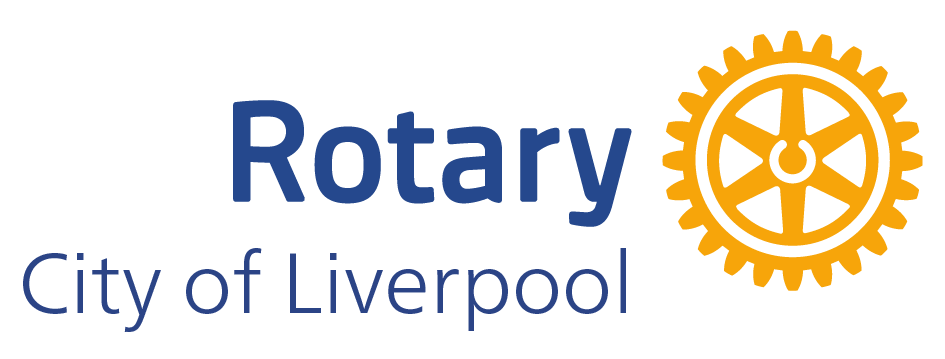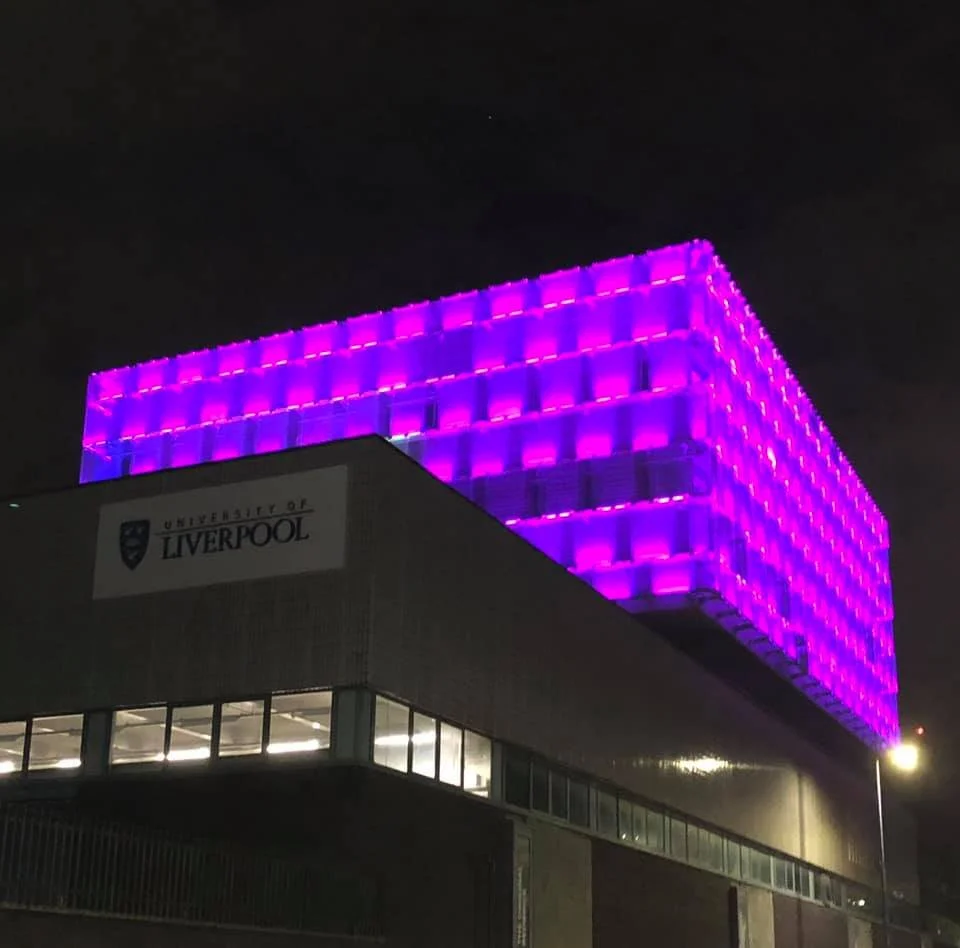Vaccination might be a bit of a sore point at the moment.
It seems that, all over the world, politics is getting in the way of practicality. Posts on social media are stoking unrest – and, possibly, people’s health is being seen as secondary to scoring political points.
Rotary has been consistent in its stance on vaccines. They save lives and that’s what matters, particularly in less fortunate parts of the world where diseases which are not seen in places like the UK are still rife.
Life in many quarters remains a daily and deadly game of chance and ignoring the evidence of experts could be the start of a journey down a perilous path.
According to the World Health Organisation, polio was once the most feared disease in the world. An epidemic in New York City in 1916 killed 2,000 people and even in the mid-20th century, the virus was prevalent right across the planet. The disease claimed the lives of 500,000 people annually in the 1960s and those who survived often suffered lifelong consequences, including deformed limbs which necessitated the use of leg braces, crutches or wheelchairs.
A polio vaccine was first cultivated in 1949 at Boston Children’s Hospital in the USA and those responsible for the success – John Enders, Thomas Weller and Frederick Robbins – were recognised by being awarded the 1954 Nobel Prize.
But the story did not stop there and many countries took up the vaccine. So successful was this initial rollout that, following its use in Czechoslovakia from early 1960, the country became the first in the world to eradicate the disease within its borders.
Rotary International has also made a significant impact in aiding the eradication of this danger which still lurks in a few places on the planet.
End Polio Now is Rotary International’s global campaign to eradicate the disease. It has been a massive success and polio cases have been reduced by 99.9% since the campaign began in 1979 when children in the Philippines were vaccinated.
The figures themselves are quite astounding. At the outset of the campaign, more than 1,000 children were paralysed every day by the disease and now polio only remains endemic in Afghanistan and Pakistan.
It costs around £2.20 to immunise a child and, through Rotary’s efforts, around 3bn children in 122 countries have been protected. Indeed, a dose of the vaccine costs as little as 20p.
Efforts by Rotarians not only in Liverpool but also across the world have raised in excess of 2.1bn US dollars to combat polio and to seek its eradication. Rotary International has also used its influence to persuade governments to contribute more than 10bn US dollars to the efforts and individuals have made contributions.
City of Liverpool Rotary Club has raised several thousands of pounds over the years to help combat the disease. One of the ways the club contributes to the effort is through an annual Beetle Drive, a fun-filled social event which has a serious purpose. The next event is due to be held on 25 October at Our Lady’s Parish Centre In Birkenhead. That coincides with World Polio Day which, this year, takes place on 24 October.
“We have organised a Beetle Drive, along with other events, because we strongly believe that we can do good in the world through our contributions to the End Polio Now campaign,” said Ann Heath, a City of Liverpool Rotary Club member. “We know that we are so close to eradicating the disease so every effort we make and every penny we raise brings us that bit closer to the target.”
Citizens of Liverpool as well as visitors to the city will also be reminded of the campaign throughout the year. Major landmarks, such as the Royal Liver Building, are floodlit purple – the colour of the campaign – during certain points in the winter months and Rotarians have spent hours planting tens of thousands of crocus corms. Once spring comes, that purple colour will be back to remind us all of the importance of Ending Polio. And doing that right Now.

